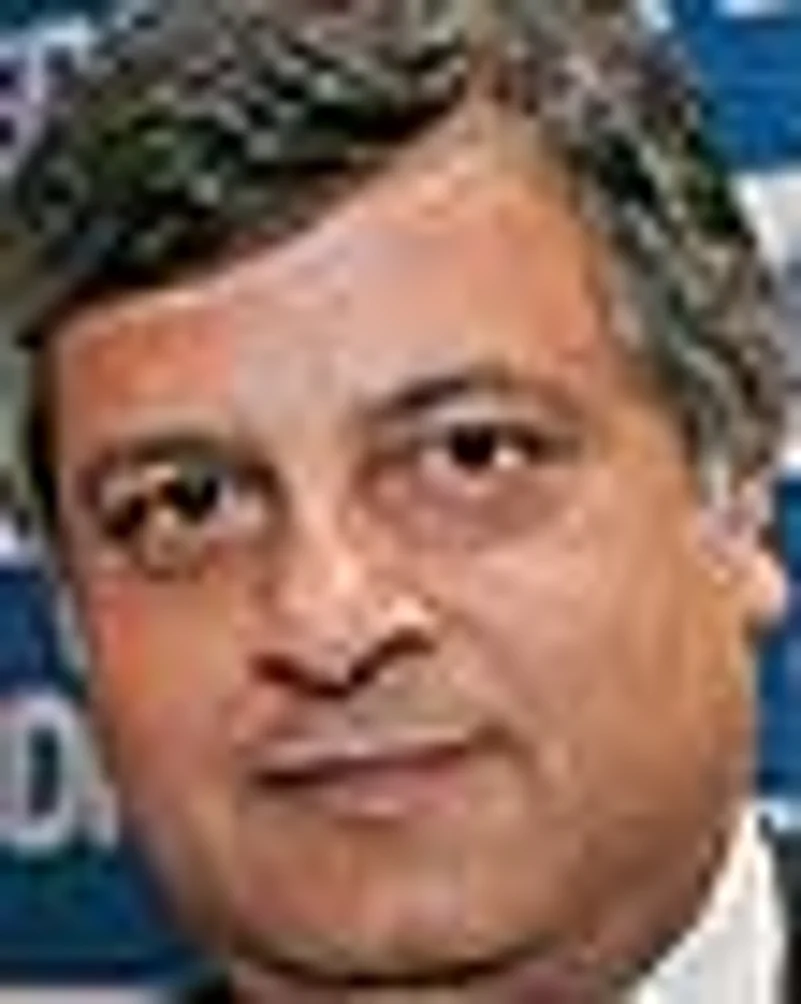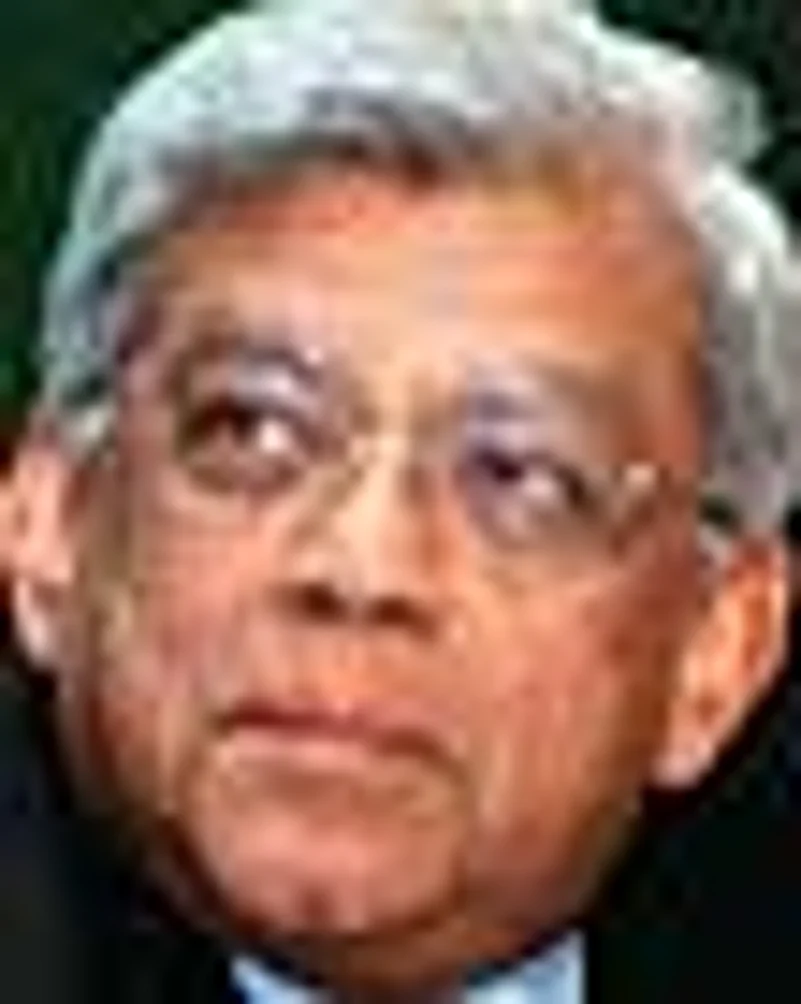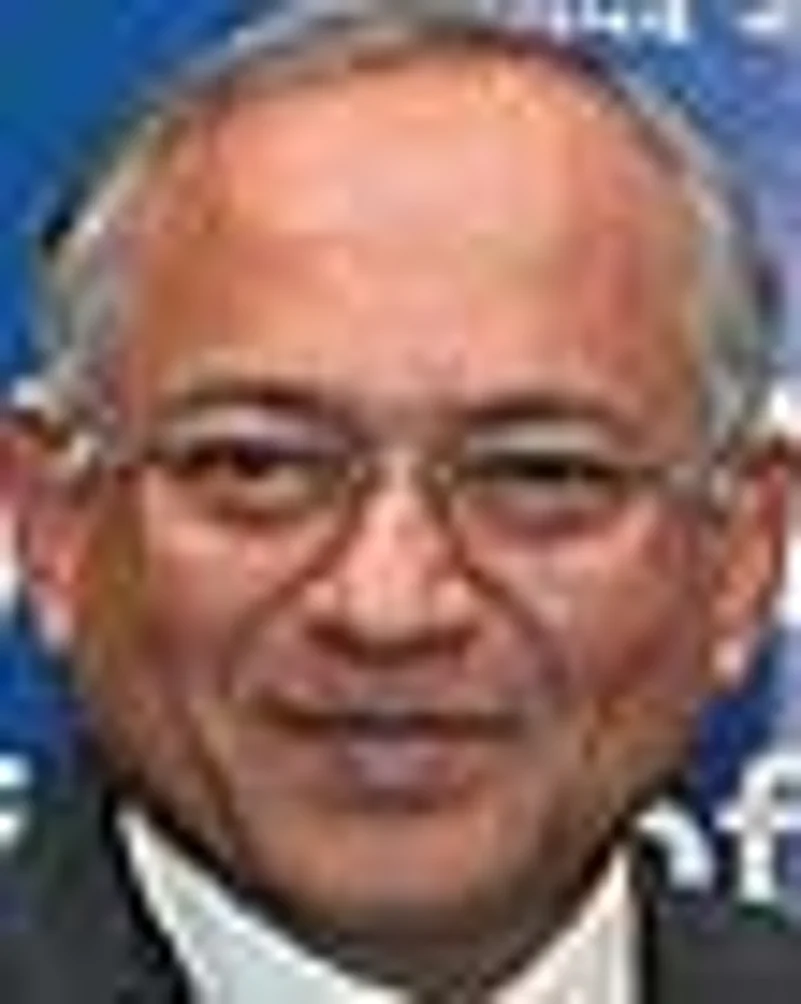The Directors’ Cut
Could Keshub Mahindra have been absolved?
| Claims | Counter-Claims | |
| Executive powers are through the MD and whole-time directors, not non-executive or independent directors | The law doesn’t make a clear distinction in liability of various kinds of directors; the role of independent directors matters | |
| Companies Law should be amended, to provide immunity to non-executive chairman or directors | In fact, immunity against the Indian Penal Code cannot be given to Indian citizens—the law applies equally to all | |
| Internationally, independent directors are not "automatically" liable in case of fraud or mismanagement | There are checks and balances in all systems, including India’s, failing which all directors and management are liable | |
| The concept of “Vicarious Liability” cannot be applied in the Indian context | Vicarious Liability has rarely been imposed in India—but the laws to do so do exist | |
| Keshub Mahindra has been singled out. He is the only independent director to be punished, while others haven’t. | All citizens have equality under law, not equality under illegality. If some got away, they should be punished too. | |
This story begins in 2009, in the immediate aftermath of the Satyam scam. Jittery, shell-shocked, India’s top legal experts, company board representatives, CAs and auditors start working with the government on a monumental document—the draft code on corporate governance, released in November 2009. The code dedicates five of its 25 sections to directors, including independent directors, who are heralded as future messiahs for good corporate behaviour. Though it makes a distinction between executive and non-executive directors, the code confirms that even the latter can be tried in court if it is established “prima facie” that they were liable for a failure on part of their company. Industry welcomes the code, and encourages voluntary compliance.
Switch to a year later, and the sentencing of non-executive chairman Keshub Mahindra in the Bhopal gas leak case. Now, sections of industry want total ‘immunity’ for independent directors in non-executive roles. CII’s Hari Bhartia says non-executive directors should be exempt from “vicarious criminal liability,” otherwise “good” independent directors would be reluctant to join firms. This has sparked off a debate.
“Obviously, provisions of the Indian Penal Code can’t be excluded for direct acts by company officials,” says Karuna Nundy, a Supreme Court advocate representing Bhopal citizens in cases relating to the gas leak 26 years ago. She says the desire for immunity is partly a reaction to the trial court’s judgement in the criminal case. But, in this case, there was no question of vicarious liability for criminal acts by Carbide’s officials. “Each company official accused has been convicted for their individual rash and negligent acts that caused the deaths of thousands of people,” she says.

Former UCI chairman Keshub Mahindra after the verdict
Yet, sections in industry argue that Mahindra, a non-executive director at the erstwhile Union Carbide India, has been singled out for the two-year jail term (along with six others in management, executive and non-management posts at the plant). Many independent directors are threatening to quit their positions in other companies, saying they fear similar liability in future. Since the Satyam fraud, around 1,000 independent directors have already quit.
Author and commentator Gurcharan Das, who is an independent director with several large companies, is among those protesting that imprisonment is too dire a risk—he wants to quit those positions. “No matter how brilliant you are, or how qualified, a company can pull the wool over you,” Das says. “If a prison term is likely for the job, all I can say is life is short—it’s better to stay away from independent director posts.”
But is the breed really in such short supply? Not so, according to Prime Database. There are around 7,406 independent directors in Indian listed companies, and they hold roughly 8,000 positions. “Talent is available, it’s not in short supply. There are databases of directors to choose from, and in India, a huge untapped number of potential women directors also exists,” says Richard Rekhy, head of advisory, KPMG India.
The other question, according to Virendra Jain, who runs an online grievance redressal forum for Indian shareholders, is the quality of independent directors. “In Satyam’s case, independent directors were very qualified, but they still didn’t detect the fraud. Do they deserve immunity?” he asks. Jain points out that the red flags in Satyam’s case could have been “noticed by a child”, leave alone its highly educated independent directors.
Prominent Independent Directors*
Name (No. of Independent Directorships) Company examples

| Nasser Mukhtar Munjee (10) ABB, Britannia, Cummins |

| Naresh Chandra (9) ACC, Bajaj Auto, Ambuja Cements |

| Deepak S. Parekh (6) HLL, M&M | ||||

| Jamshed J Irani (4) BOC, Kansai Nerolac |

| Renu Sud Karnad (4) Akzo Nobel India, Bosch |

| Venu Srinivasan (3) Cummins, Oriental Hotels, Tata Coffee |
The issue does not seem to be one of qualifications or even of availability of directors, though it is often made out to be. It boils down to liability. Prithvi Haldea, who runs Prime, says, “Independent directors can’t say that the upside is mine but if there is a fraud, then the liability should be that of the promoters. If they do not want the liabilities, they should become advisors and not directors.”
Independent directors claim they are often left holding the wrong end of the regulatory stick in the wake of management missteps they were not privy to. What can be done, says Rekhy, is to make independent directors “more independent and powerful”. “Perhaps independent directors should be allowed to escalate a note of dissent to the level of a regulator,” he says.
The more extreme solution, some say, is to do away altogether with independent directors—after all, how independent can someone selected by a proprietor or senior management be? Another solution, arising out of the Satyam case, is to appoint investors, such as insurers or FIIs, to boards—the assumption being, direct stakeholders would make better watchdogs than “independent” ones. Of late, companies have also started taking steps to mitigate the financial risks arising out of the liabilities of directors and officers. Market regulator SEBI is apparently considering compulsory liability cover for listed companies.
What’s fairly certain is that shareholders themselves cannot watch over companies independently. Someone—the directors, the investors and the regulators—will have to step in. Independent directors will, and should, play a crucial role. Former finance secretary Vijay Kelkar, former foreign secretary Shyam Saran and M.S. Sundara Rajan, former CMD, Indian Bank, have recently taken up independent director positions at Wipro, TCS and Axis Bank, respectively. With their personal equity at stake, one can reasonably assume they would approach their job with more earnest involvement than the designation warrants. That sounds far better than institutionalising a sinecure.


























